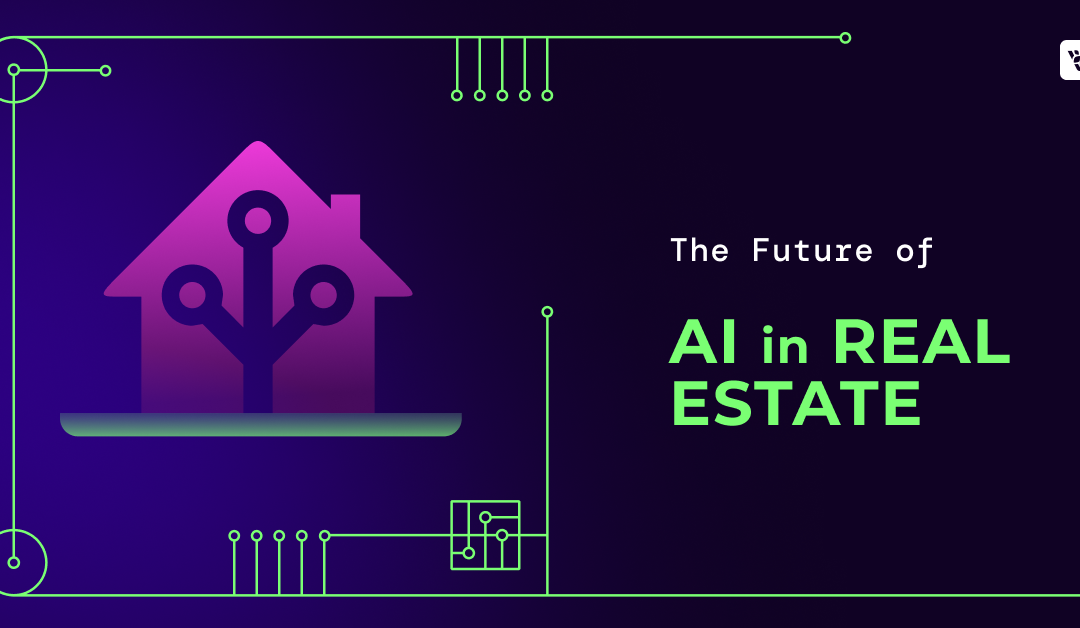Artificial intelligence (AI) is poised to have a significant impact on the future of real estate in various ways:
-
Property Search and Recommendation: AI algorithms can analyze vast amounts of data to provide personalized property recommendations based on a buyer’s preferences, budget, location, and other criteria. This can streamline the property search process and improve the accuracy of matching buyers with suitable listings.
-
Predictive Analytics: AI can be used to forecast market trends, property values, and investment opportunities by analyzing historical data, market indicators, and economic factors. This predictive analytics capability can help investors and developers make informed decisions about buying, selling, or investing in real estate.
-
Property Valuation: AI-powered valuation models can provide more accurate and timely property valuations by considering a wide range of factors, including comparable sales, market trends, property condition, and location data. This can benefit sellers, buyers, lenders, and appraisers in determining fair market values and assessing property risk.
-
Smart Buildings and Property Management: AI-driven smart building technologies can optimize energy efficiency, automate maintenance tasks, and enhance security in commercial and residential properties. These systems can monitor and control various building systems in real-time, leading to cost savings, improved tenant satisfaction, and better asset performance.
-
Customer Service and Communication: AI-powered chatbots and virtual assistants can handle inquiries, schedule appointments, and provide information to clients and tenants. These AI agents can offer 24/7 support, answer frequently asked questions, and assist users in navigating the real estate process more efficiently.
-
Risk Assessment and Fraud Detection: AI algorithms can analyze financial data, credit scores, and transaction histories to assess borrower risk and detect fraudulent activities in mortgage lending and real estate transactions. This can help lenders, insurers, and regulators mitigate risks and prevent financial losses.
-
Construction and Development: AI technologies such as generative design, robotics, and 3D printing can streamline the construction process, reduce costs, and improve the quality of buildings. AI can optimize building designs, automate repetitive tasks, and enhance safety on construction sites, leading to faster project delivery and increased sustainability.
Overall, AI has the potential to revolutionize the real estate industry by enabling smarter decision-making, improving operational efficiency, and enhancing the customer experience across various segments of the market. However, it’s essential to address potential challenges related to data privacy, algorithm bias, and workforce displacement to ensure that AI technologies are deployed responsibly and ethically in the real estate sector.

